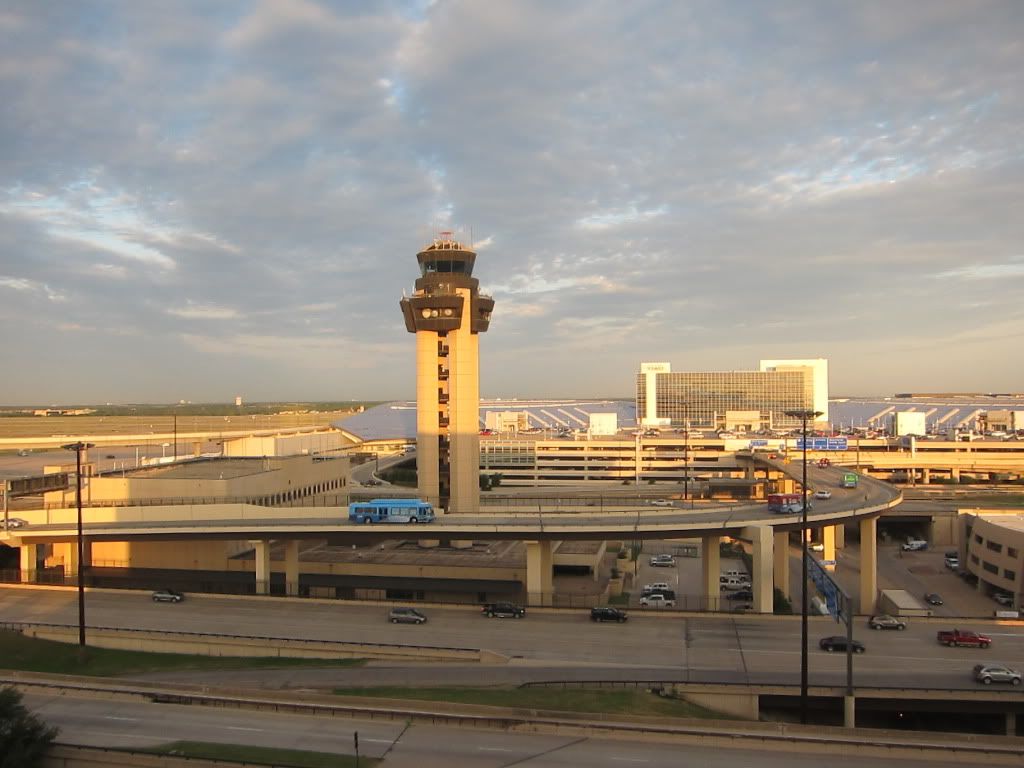Both the government and U.S. carriers are considering a partial or total shutdown of the domestic airline industry. No final decision has been made yet on whether to move forward.
Airlines see themselves losing money. The TSA has been seeing screeners testing positive. Flight crew, too. And air traffic controllers - over the weekend New York airports closed for a few hours while New York Center was disinfected after an employee there tested positive for COVID-19. (Chicago Midway and Las Vegas towers were closed but duties can be managed remotely.)
None of this means that it will happen, and it's certainly prudent planning - and prudent to be leaking that planning. Here are 9 considerations.
t- Airlines want word of a potential shutdown out as a stalking horse for a bailout. It's the horrible threat that politicians don't want on their hands, which they can stop with a single vote in Congress.
t- I covered these rumors with respect to American Airlines over the weekend, and the mainstream media is playing catch up. My take was a shutdown wasn't imminent as long as there was hope of a bailout.
t- With load factors in the 20s, planes three quarters empty, there are very few routes making money even factoring just marginal costs. Airlines should mostly shut themselves down to preserve cash, hunker down and wait this out.
t- A government-mandated shutdown puts them in a much better position for aid than if they shut themselves down, so there's a game of chicken.
t- Shutting down airlines presents a problem not just for passengers but also cargo. Airlines have received subsidies for years for participating in the Civil Reserve Air Fleet readiness program which allows government to take planes for their own use in emergencies. The government might even take over private sector flying for 'essential' purposes.
t- Two weeks ago I reported on discussions around domestic travel restrictions. This would mean at least a partial shut down of the airline industry in the United States. It seems almost inevitable that flying would be limited either out of the areas most affected by the virus (a lockdown) or to protect areas that aren't heavily hit or recovering from being re-infected. Already the Governor of Florida is doing what he can to lock down passengers coming from New York.
t- A shutdown would be costly for an airline, they have to store planes (and keep them maintained in storage, and eventually spend to bring them up to par in returning them from storage).
t- Pilots won't remain current, meeting required live takeoffs and landings, and there aren't enough simulators to keep all grounded pilots through needed sim time either. That means it isn't only costly to shut down and power back up and airline, it could be time consuming as well just to get pilots to a place they'll be legally permitted to operate commercial flights again.
t- Any shut down is likely gradual. This would allow airlines to position planes, crews to return home, and give passengers a window ot reach their destinations as well.

Even if a decision were made today some limited service would need to continue for more than a week, if only because the U.S. is operating chartered rescue flights to bring Americans home from around the world at least through the end of the month. Those flights bring passengers to the U.S. but they still have to get home from the gateway city.
